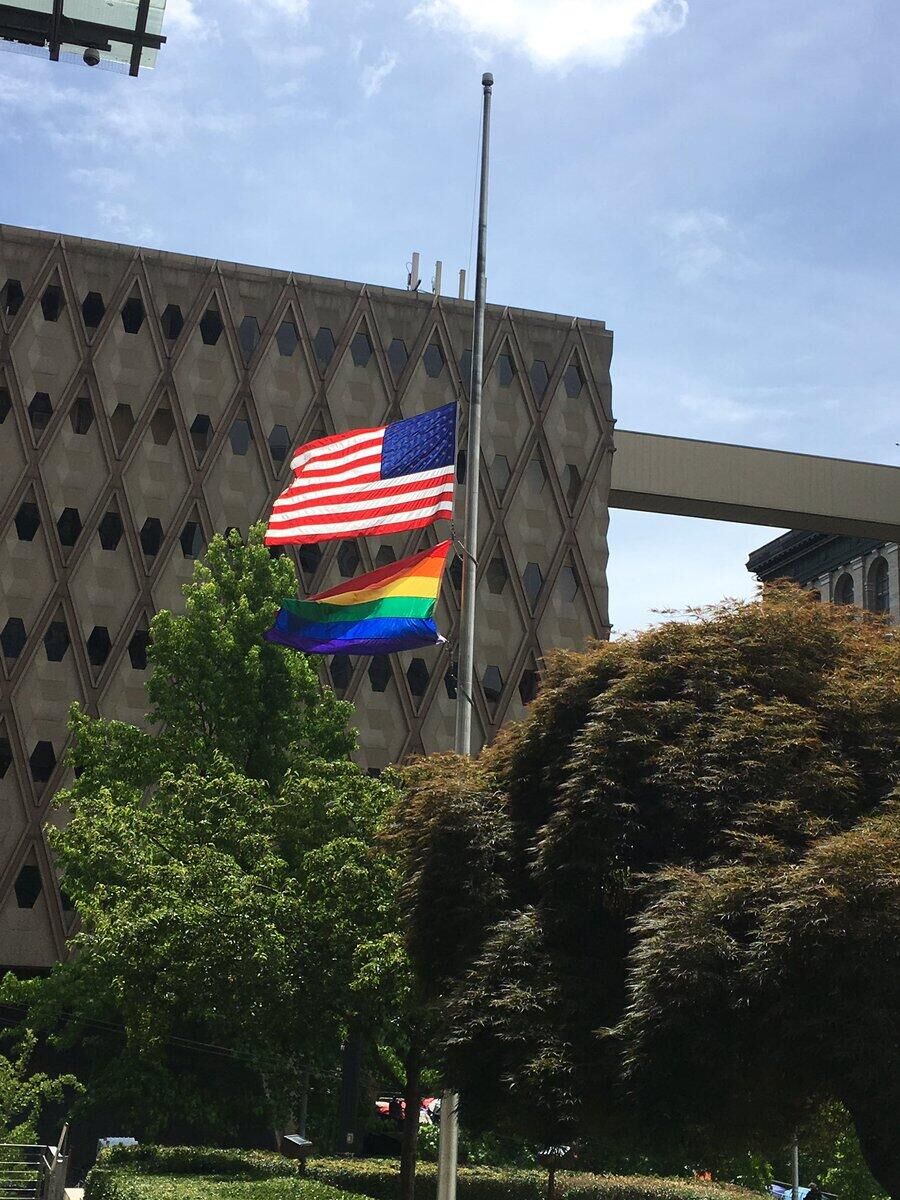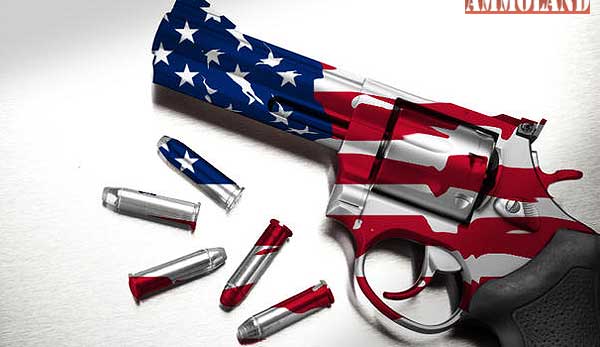
How Many More Must Die before America Realizes the Need for Gun Control?
But there are already 250 million guns dispersed among the people, and America is chained to the enormous financial gain that centers on the manufacture and sale of guns. Will the U.S. be able to reform? The answer is rather pessimistic. The right to bear arms has been an important thread of American history, running all the way back to the nation’s founding. Even though it is often a hidden piece of America’s societal value system, it is nevertheless capable of being a tough center of resistance. I’m afraid implementing strict gun control policies in the U.S. would be harder than forcing all Americans to eat only Chinese food and switch to using chopsticks.
So, is it that Americans want to continue enduring shootings, much like dealing with frequent and repeated infections of the common cold? It is worth noting that the June 12 attacker, 29-year-old Omar, was a security guard by profession; it was completely legal for him to have a gun. Finding out which of the millions of gun permits in America were indiscriminately given and perhaps pose a deadly danger to U.S. society is a nearly impossible task, and U.S. law has no way to bestow legitimacy on this kind of investigation.
In reality, American society is locked in this position. As a result of the existence of the National Rifle Association and other organizations that intensely resist gun control, politicians that advocate gun control can only briefly call upon a few surface moral arguments. They do not dare put themselves in the middle of such a major conflict because they need votes. The fear a large number of Americans feel toward these shootings is only intermittent, and it has not yet taken shape into an overwhelming movement of public opinion. Therefore, demands for gun control only happen immediately after shootings, and are soon left forgotten and unsettled.
A distinctive national feature of the U.S. is that it is hard to carry out large-scale social reform. The density of America’s society is far lower than Eastern countries; the space in which the average member of society lives is comparatively large, but the importance given to collective social interests in the U.S. is far inferior to the importance given to such interests in Eastern societies. Making a part of society change its current “survival situation” for the benefit of the majority is extremely difficult in America.
Some people assert that “that’s just the way it is” in the U.S., the American-shaped process has been lucky to lead a majority of other countries, and it has reached the pinnacle of national strength. But, the U.S. faces more obstructions to making even a little change than developing countries face in making reform. We often think that America’s ability to correct itself is very strong, that it has an innate tendency to keep up with the times, but this is possibly not completely true, or at least we need to identify which mistake it is correcting. The people have so many guns, and even at a quick glance the abuse is obvious; the destruction of so many lives is testimony to that abuse. But up until now, the U.S. has yet to make any changes. This fact is depressing to many Americans.
Even though we still have not seen any signs of a formidable driving force, perhaps American society is finally waking up to the issue of gun control. The question of whether or not the U.S. is able to form a critical consensus needed to stop these vicious shootings and take decisive action is an important aspect of whether or not American society will be able to maintain long term vitality.
If shootings and terrorism become increasingly connected, I’m afraid it will be a nightmare when it comes to governing American society. It does not matter what unprecedented or tough measures Donald Trump claims he will take toward Islamic extremism in the future, or if Hillary Clinton defeats him and maintains “stable tactics,” once terrorist shootings grow in number, the subjection of America’s national strategy to some kind of influence and restriction will probably be very hard to avoid.


